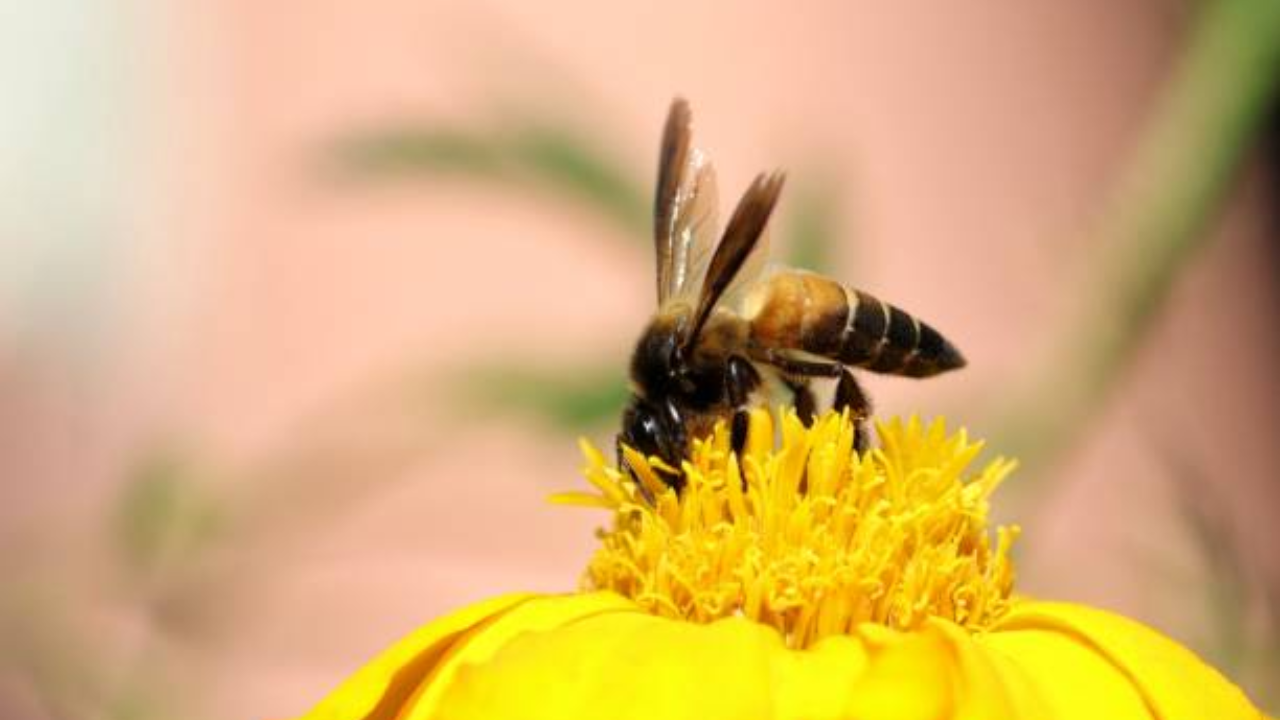Researchers at the Johns Hopkins Kimmel Cancer Center have identified 16 genes that enable breast cancer cells to survive in the bloodstream after...
Vous n'êtes pas connecté
- English
- Français
- عربي
- Español
- Deutsch
- Português
- русский язык
- Català
- Italiano
- Nederlands, Vlaams
- Norsk
- فارسی
- বাংলা
- اردو
- Azərbaycan dili
- Bahasa Indonesia
- Հայերեն
- Ελληνικά
- Bosanski jezik
- українська мова
- Íslenska
- Türkmen, Түркмен
- Türkçe
- Shqip
- Eesti keel
- magyar
- Қазақ тілі
- Kalaallisut ; kalaallit oqaasii
- Lietuvių kalba
- Latviešu valoda
- македонски јазик
- Монгол
- Bahasa Melayu ; بهاس ملايو
- ဗမာစာ
- Slovenščina
- тоҷикӣ ; toğikī ; تاجیکی
- ไทย
- O'zbek ; Ўзбек ; أۇزبېك
- Tiếng Việt
- ភាសាខ្មែរ
- རྫོང་ཁ
- Soomaaliga ; af Soomaali
 Maroc - Times of India - Life & Style - 20/Sep 04:57
Maroc - Times of India - Life & Style - 20/Sep 04:57
Honey bee venom can kill cancer cell membranes
Researchers from the Harry Perkins Institute and the University of Western Australia have discovered that honeybee venom can kill cancer cells. The study highlighted melittin, a peptide in the venom, which rapidly destroyed breast cancer cells and showed potential when combined with chemotherapy to reduce tumor growth in mice.
Articles similaires
New drug, WNTinib, delays tumor growth and improves survival in mouse models of children’s liver cancer
A new drug called WNTinib can delay the growth of tumours and improve survival in hepatoblastoma, a type of liver cancer that occurs in young...
Scientists find new treatment for aggressive breast cancer
In a breakthrough study published in Cell Reports, researchers from Professor Idit Shachar’s laboratory at the Weizmann Institute of Science have...
Mapping tumor microenvironments: Uncovering spatial subclones for improved cancer treatment
Researchers investigate the spatial organization of cancer cells and the tumor microenvironment.
Io Therapeutics, Inc., announces presentation of data on its RAR gamma agonist compound IRX5010 demonstrating inhibition of tumor infiltrating myeloid derived suppressor cells, promotion of tumor infiltrating T-cells, and effective tumor growth inhibition in murine models of breast, colorectal, and prostate cancers
SPRING, Texas, Nov. 08, 2024 (GLOBE NEWSWIRE) — Io Therapeutics, Inc., presented results from studies done in breast, colorectal, and prostate...
New Option For Treating Prostate Cancer
Prostate cancer is the second most common cancer in men worldwide. Despite medical advances in recent years, this type of tumour is still...
Multigene Signature Can Help Tailor Chemo for Operable Triple-Negative Breast Cancer
WEDNESDAY, Oct. 30, 2024 -- For patients with operative triple-negative breast cancer, a multigene signature can help tailor adjuvant chemotherapy,...
Re-engineered, blue light-activated immune cells penetrate and kill solid tumours
Immunotherapies that mobilise a patient’s immune system to fight cancer have become a treatment pillar. These therapies, including CAR T-cell...
Starving cancer cells of fat may improve cancer treatment
Cutting off cancer cells’ access to fat may help a specific type of cancer treatment work more effectively, according to a study by Van Andel...
Glioblastoma: A mechanism that helps tumor cells multiply discovered
Chloride ion flows that enter the cells play an important role in the duplication of glioblastoma cells, a highly aggressive brain tumour. This is the...
Les derniers communiqués
-
Aucun élément






